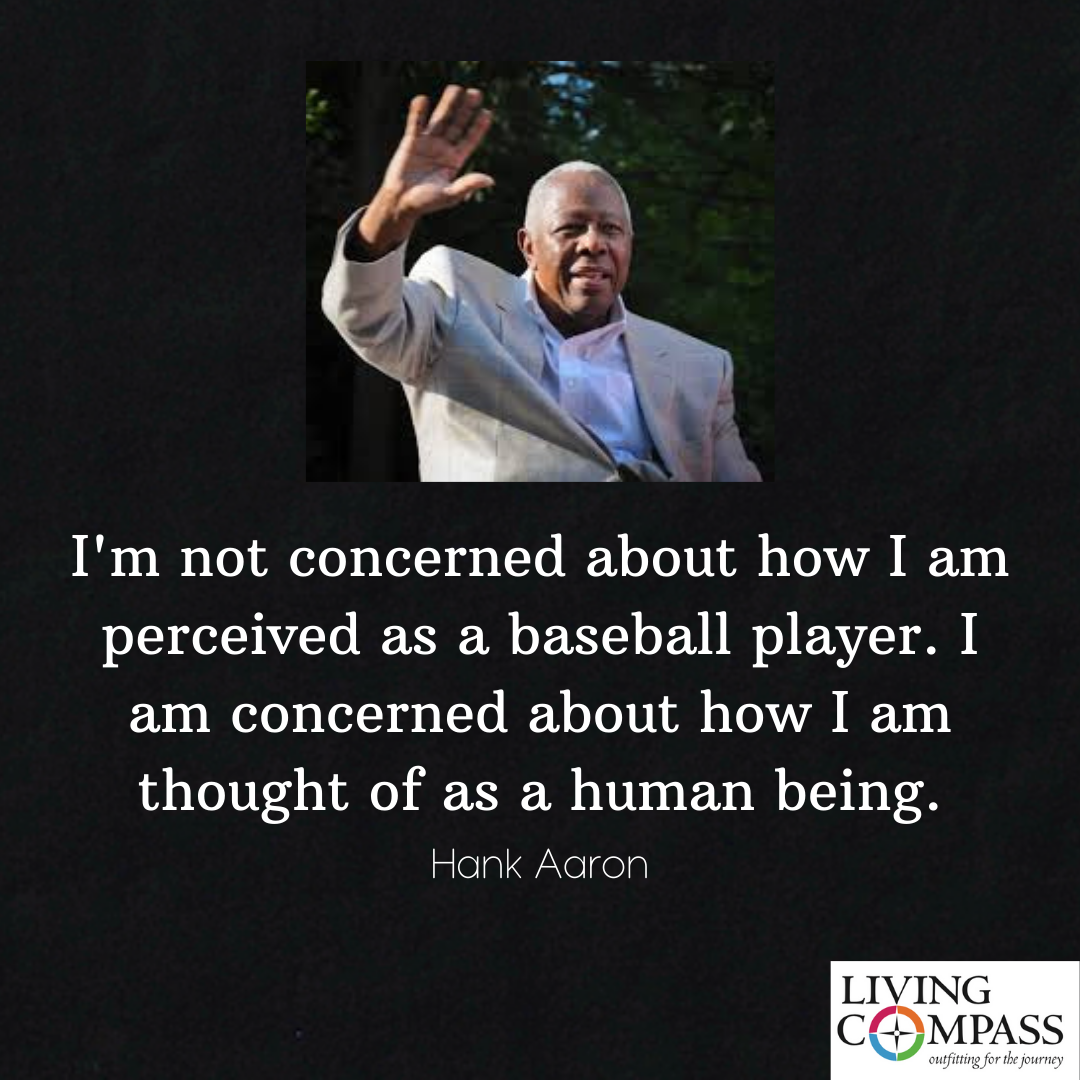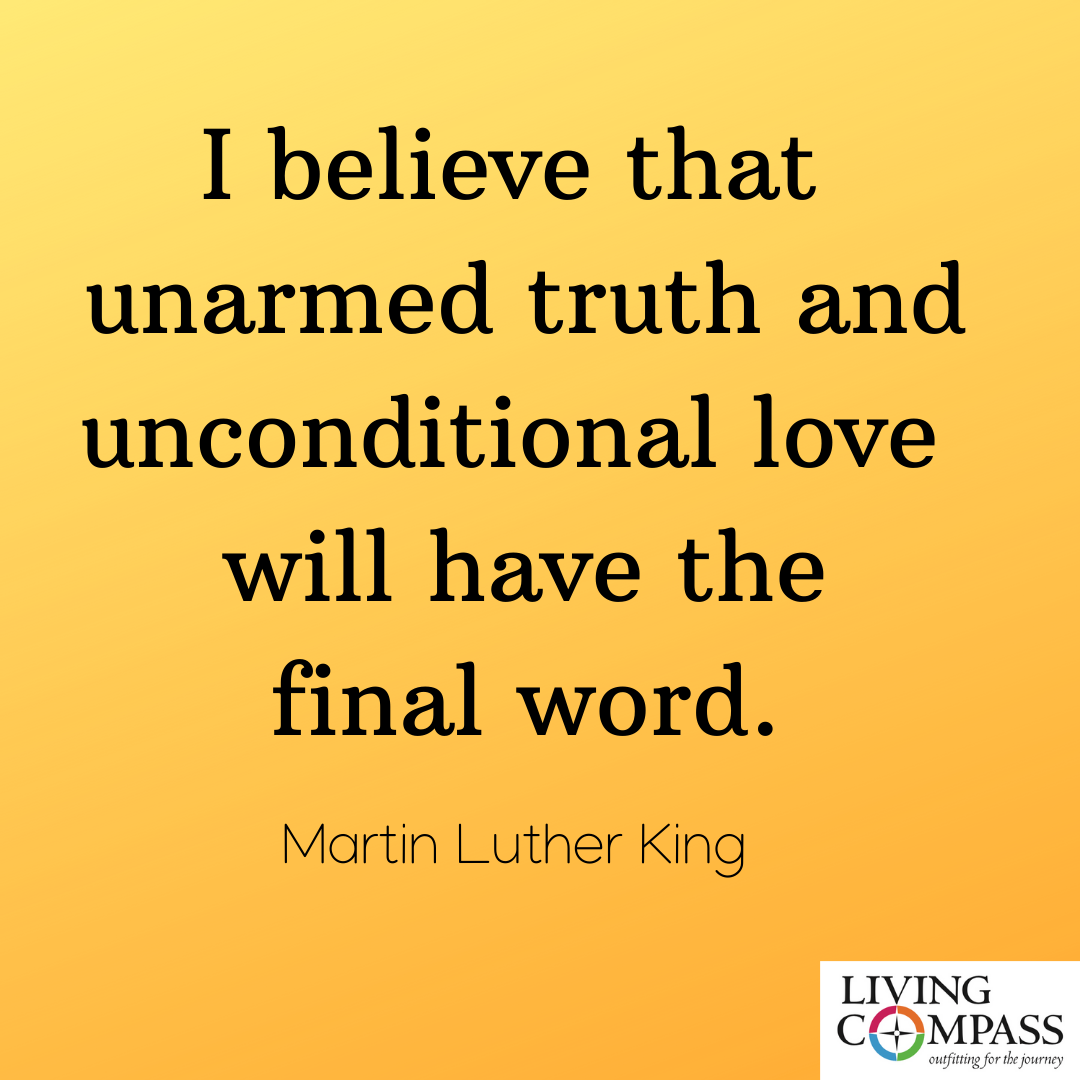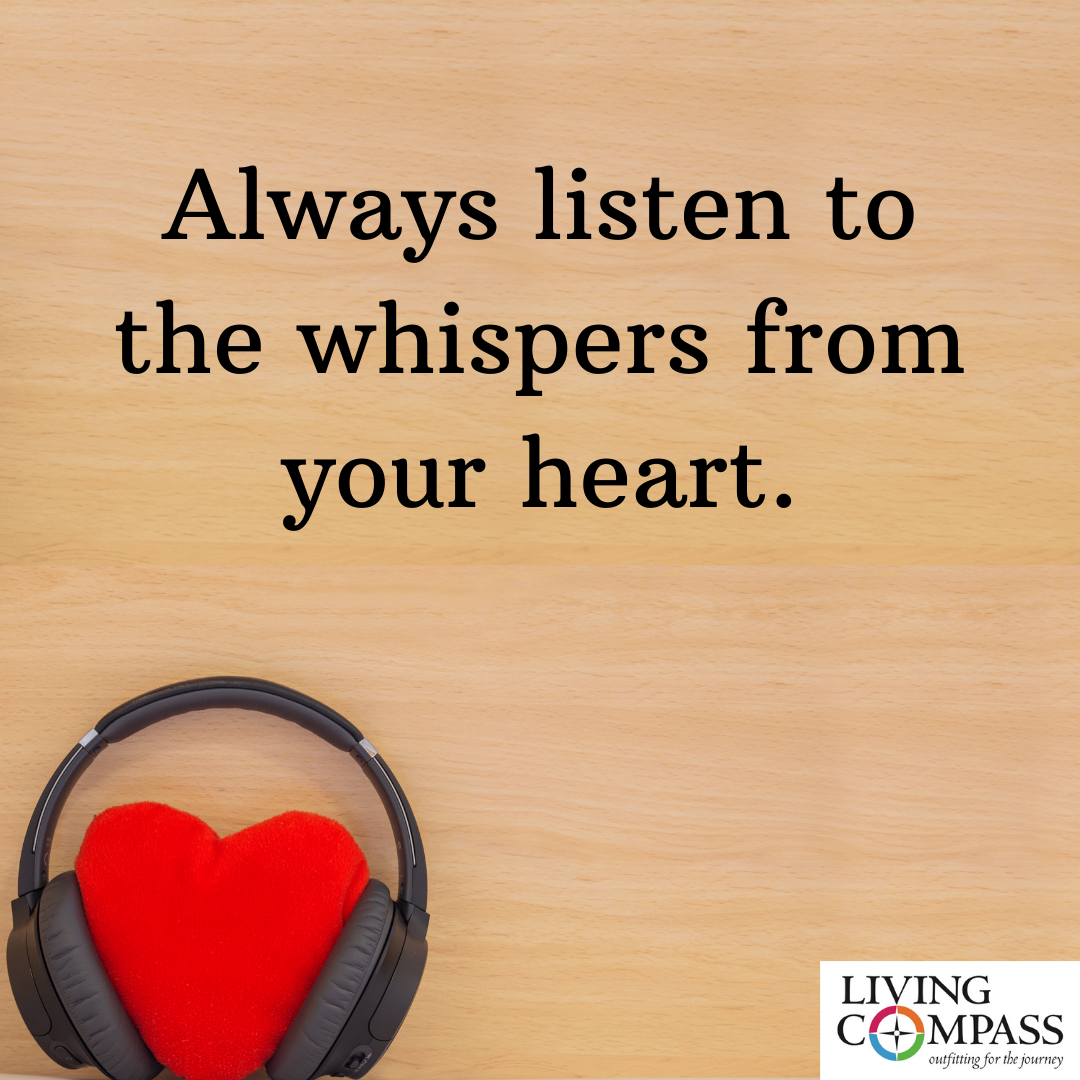Tending to Our Relationships
Valentine’s Day is approaching soon, and every year I write a column about relationships in honor of this special day. COVID has reminded us all just how vital relationships are to our well-being. And so, this year, I have decided to focus all of my columns for the month of February on relationships.
A core teaching of our Samaritan Family Wellness Foundation’s wellness programs is “Whatever we pay attention to is what will grow.” I often share this principle in counseling and coaching sessions, as while it has many applications, it is perhaps most relevant to relationships.
It is in our closest relationships that we become most fully known to each other. Our strengths and our shortcomings are on full display. Our deepest longings and our deepest vulnerabilities are also revealed in a way that the rest of the world seldom sees. Our endearing qualities, along with our annoying quirks and habits, are all revealed in our closest family and friend relationships.
When we have intimate knowledge of one another, the question becomes, “What will we pay attention to? What will we emphasize in our interactions with one another?” In healthy relationships, we lift and celebrate that which is positive, authentic, and life-giving in each other, encouraging and supporting the best in one another. Unhealthy relationships do the opposite, organizing their emotional energy by focussing attention instead on that which is negative, divisive, and often petty.
It sometimes comes easier to complain about or pick on one another than to reach out and work to heal and improve a relationship or situation that needs strengthening. Negativity and complaining allow us to stay safe and protected while seeking understanding and healing requires vulnerability, which can be scary but liberating.
The good news is that strained relationships can often, with intention, be turned around because whatever we pay attention to is what will grow. If we focus on the things that annoy and bother us about another, that is all we will see before long. On the other hand, when we focus on the other's good qualities, that too will grow. If there is a relationship in our lives that we want to strengthen, we need to intentionally pay more positive and life-giving attention to it. Having hard conversations when necessary, and making sure those conversations are grounded in love, can also positively grow a relationship.
Relationships are much like a garden. Tending them with regular watering and weeding will ensure that they continue to grow so that they will sustain and nurture everyone's well-being.
Subscribe Now to Weekly Words of Wellness:
Click the button below to signup for the e-mail version of Weekly Words of Wellness. This weekly article can be shared with your community electronically and/or used for group discussion.
You can unsubscribe at any time.




